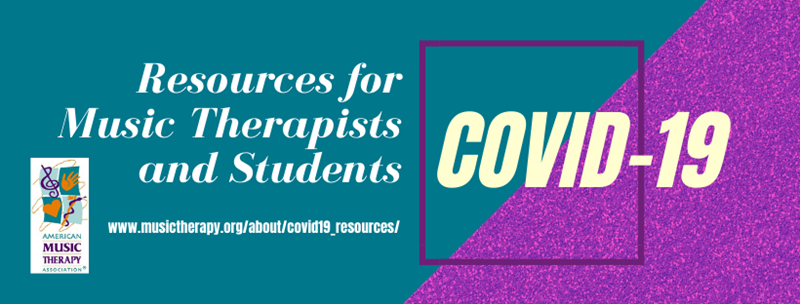COVID-19 Task Force September 2021 Update
September 21, 2021 06:20 PM

Just in Case: Stay Safe. Be Ready. Stay Informed.
Making Home and Work Emergency Kits Up to Date and COVID Ready:
Updates for September 2021
COVID-19 continues to pose a serious public health risk even during climate-related hazards like wildfires, hurricanes, floods, extreme temperatures, and tornados. Disasters can cause sudden challenges to clinical practice and home life such as power outages, blocked roads, clean water service disruption, delayed emergency services, and temporary business and school closures. This is complicated by the pandemic.
It is imperative that music therapists be prepared and assess their readiness for known hazards in their region:
- Have a plan, home kit, “go” bag, and work kit (whether that be at your work place, in your mobile office, or your music therapy business/clinic space).
- Check your kits and include supplies and planning around the pandemic.
- Sign up for facility and/or local notification systems (app, texts, etc.) to receive the most up-to-date info related to disasters and/or COVID conditions.
- If you had to go to a temporary shelter, be prepared to protect yourself and family members.
- If you were to be with clients when an emergency strikes, check your preparedness to respond for safety.
- Music therapsits working in a health, school, or other facility need to be up to date on policies, procedures, and drills for emergency events.
- If you’re a music therapy business owner, update/establish policies and procedures in the event of an emergency. Conduct “table top” emergency scenarios/drills for planning and preparedness.
- Look into cell phone apps to support your emergency preparedness and COVID safety and consider a portable solar charger to support critical communications during power outages.
According to the American Red Cross, “knowing what hazards can affect your community and learning what to do before, during, and after each one will help you stay safe, and strengthen your ability to adapt, so that you can recover quickly.”
Related Resources and Information
Back